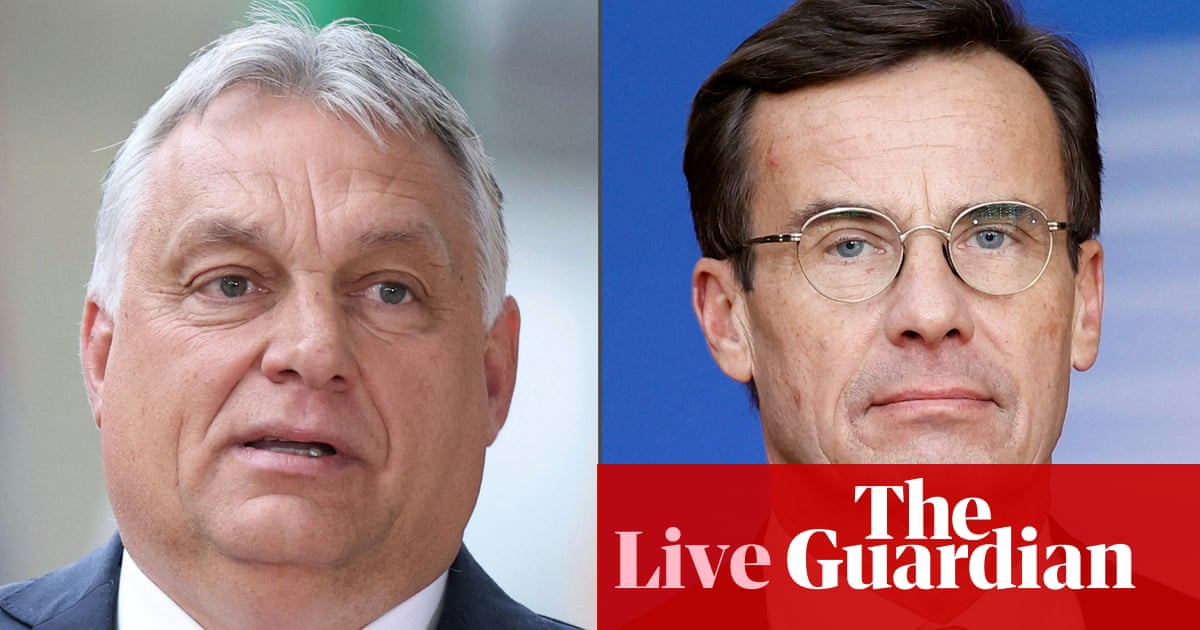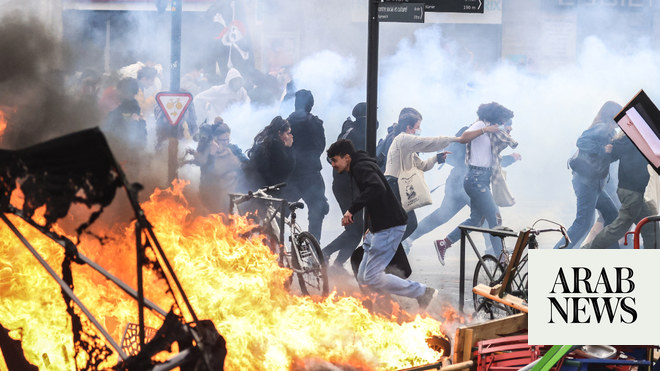
Lebanese Prime Minister Saad Hariri has agreed a package of reforms with government partners to ease an economic crisis that has sparked nationwide protests, official sources told Reuters.
A cabinet meeting is expected on Monday to approve the reforms, which are not likely to appease hundreds of thousands of Lebanese protesters of all ages who flooded major cities and towns nationwide Sunday demanding an end to corruption and the rule of the countrys political elite.
Hariri gave his feuding government partners a 72-hour deadline on Friday to agree reforms that could ward off crisis, hinting he may otherwise resign.
The decisions call for a 50 percent reduction in the salaries of current and former officials and $3.3 billion in contributions from banks to achieve a "near zero deficit" for the 2020 budget.
It also includes a plan to privatize Lebanon’s telecommunications sector and an overhaul to the crippled electricity sector, a crucial demand among potential foreign donors and investors needed to unlock some $11 billion in funds to Lebanon.
The sources said the budget would not include any additional taxes or fees amid widespread unrest that were triggered in part by a decision last week to put a levy on WhatsApp calls and other similar applications.
The reforms also called for establishing new regulatory and transparency bodies within a "short period" of time to oversee reform plans. Central to protester demands is an end to what they say is rampant corruption destroying the economy.
But many of the protesters have already said they dont trust the current governments reforms, and are calling on Hariri’s 30-member cabinet to resign and be replaced by a smaller one made up of technocrats instead of members of political groups.
"I hope the government will resign and I think we are ready and the whole country is ready for something else at last," said real estate agent Fabian Ziayde on Sunday.
"People cannot take it anymore," Nader Fares, a protester in central Beirut, said. "There are no good schools, no electricity and no water."
Each hour brought hundreds more people to the streets for the largest protests yet in four days of demonstrations.
Protesters danced and sang in the streets, some waving Lebanese flags and chanting "the people want to bring down the regime."
In the morning, young men and women carried blue bags and cleaned the streets of Beirut picking up trash left behind by the previous nights protests.












